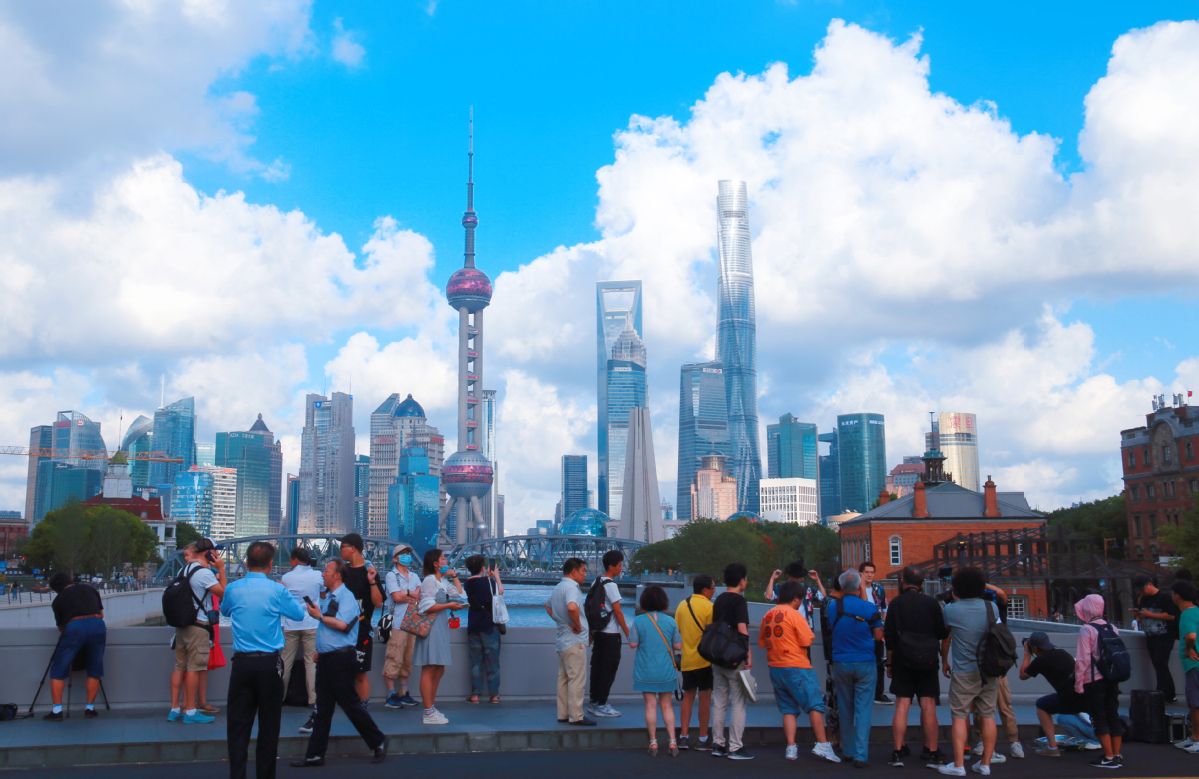China will remain ballast for world economy: China Daily editorial


At a time when the challenges posed by the still ongoing COVID-19 pandemic and increasing geopolitical tensions such as the Russia-Ukraine conflict are producing headwinds for a global economic recovery, that China has a solid foundation for achieving "stable economic growth" this year offers some reassuring ballast that it can be kept afloat.
Despite the challenges, China enjoys many favorable conditions for growth, and it still has room to maneuver to keep its growth within a "reasonable range" — possibly between 5 and 6 percent — a goal set by the government during the Central Economic Work Conference in December, which outlined the major economic targets for 2022.
The new development paradigm of "dual circulation" in which the domestic and overseas markets reinforce each other, with the former being the mainstay, has shown the resilience and potential of the Chinese economy in the face of the mounting difficulties.
China's foreign trade has maintained good growth momentum, with imports and exports both registering double-digit growth of more than 20 percent last year, a rare phenomenon. The total foreign trade volume exceeded $6 trillion, indicating Made-in-China products will continue to fuel the country's growth and the world economic recovery.
As the largest trading nation and a leading recipient of foreign direct investment, the world's second-largest economy plays an indispensable role in the world economy. This has been further proved by the fact that despite the trade war initiated by the United States, China's production capabilities continue to be the only source for a reliant and large-scale supply chain in the world.
With its gross domestic product amounting to 114.37 trillion yuan ($18.05 trillion), about 18 percent of the global total, China contributes around 25 percent to the global economic growth.
All this can be attributed to China's effective epidemic prevention and control measures such as mass testing and localized lockdowns, which have enabled the country's economic activities to continue as normal on the whole. Adept policymaking and implementation have helped the government timely address risks such as an abrupt increase in coal prices at the start of winter.
Premier Li Keqiang will deliver the government's annual work report at the start of this year's annual session of the National People's Congress on Saturday, in which he is expected to promise more measures to cope with the anticipated economic pressures, including fiscal spending and tax cuts to spur investment and consumption.
Amid the soaring global inflation, China's consumer price index, a major indicator of inflation, remained at a low level of 0.9 percent in January, which means the government still has many stimulus policy tools that it can use to propel growth.


































